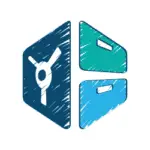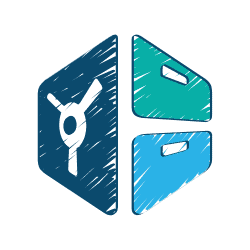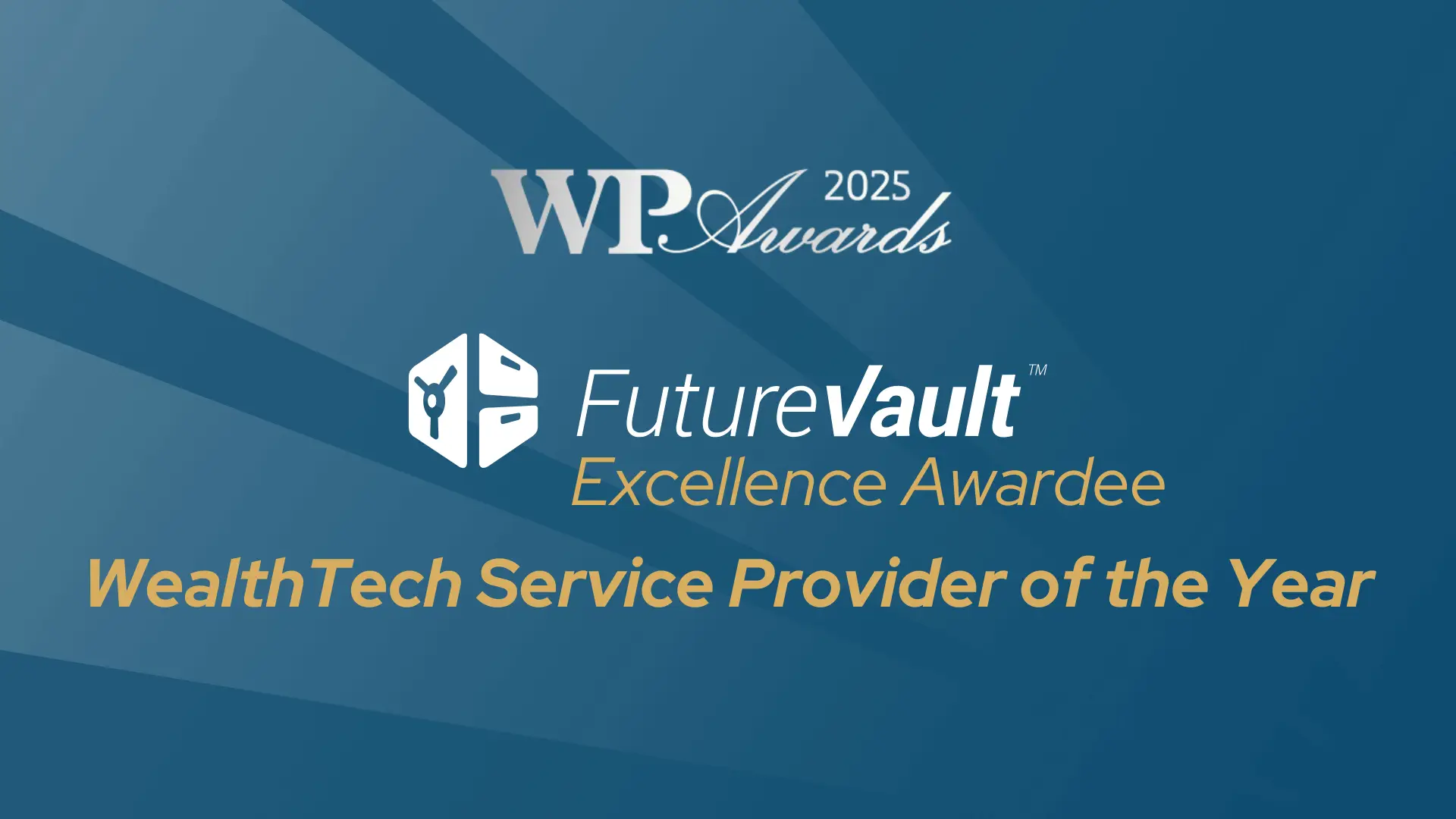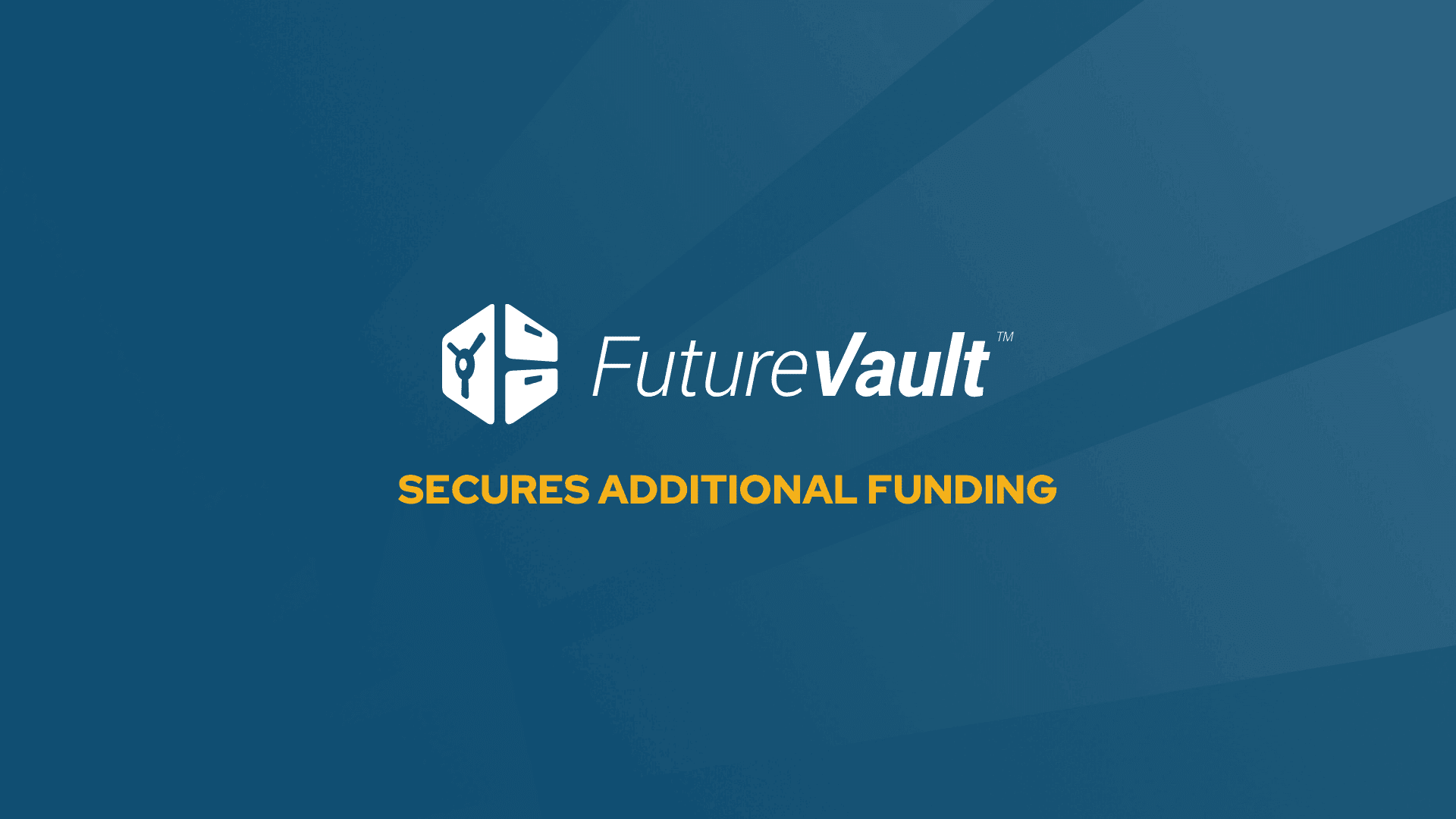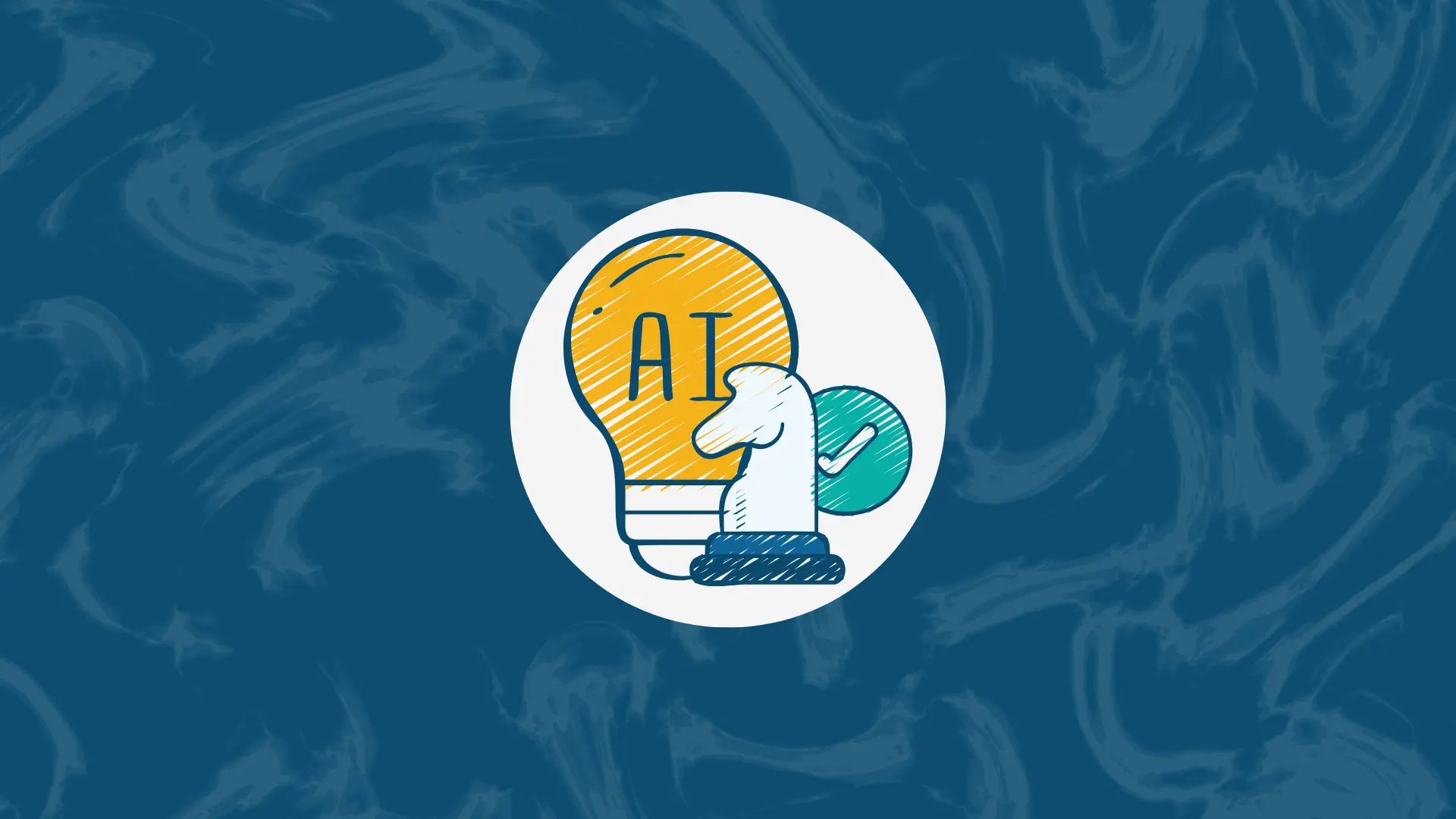Are financial advisors prepared for the greatest transfer of wealth in history? Most might think they are, but time will certainly tell.
The Great Wealth Transfer, where an estimated $68 trillion in wealth will move to younger generations, is going to massively and shake up the entire financial services industry. The most significant factor affecting traditional wealth advisory firms is the variety of reports that state 45% to 80% of these heirs will switch financial advisors.
For the mass majority of this generation, the Internet became mainstream in their teenage years. From MySpace to Instagram, this generation grew with, is comfortable with, and is extremely savvy with technology. Technology is embedded deeply into nearly all aspects of their lives; it’s used to manage their homes, entertainment, and, increasingly, their business affairs.
Many so-called “experts” have predicted tech-savvy generations would completely drop traditional financial advisors and gravitate towards robo-advisory offerings, but that has yet to be the case. It appears they still would like human interaction in regards to planning and investment advice; however, they don’t like being bogged down with lengthy, paper-based legacy systems and outdated collaboration processes. Younger generations expect minimal friction and want purely digital communication during required courses of action (and interaction) including the client onboarding process, reviewing portfolio performance, and all aspects of client reporting and receiving digital statements.
Pew Research notes that millennials use technology more than other generations:
➜ 100% use the Internet
➜ 93% have a smartphone
➜ 17% use the Internet exclusively on their smartphone
Inheritor’s Current Relationship With Parents’ and/or Grandparents’ Financial Advisors
Insights into giving and inheriting wealth across generations found most inheritors were mostly unprepared and uninformed about the inheritance process.
The key findings from RBC’s Wealth Transfer Report were that the average age for inheriting wealth from grandparents was 29, while from parents it was 44. They also noted that nearly 75% of those who talked to their benefactors before inheriting knew how much they were going to receive, but little else.
 Preparing for the Great Wealth Transfer – FutureVault & Financial Advisors
Preparing for the Great Wealth Transfer – FutureVault & Financial Advisors
According to The Cerulli Report, U.S. High-Net-Worth and Ultra High-Net-Worth Markets, fewer than 60% of HNW practices have established relationships with clients’ spouses, while nearly half (45%) have only had limited interactions with their clients’ children.
There are more than 600,000 millennial millionaires in the United States. By 2030, millennials will possess five times the wealth they have today.
The stakes are immense.
The role of the financial advisor and the landscape of wealth management is in a state of digital evolution. Those that reach out and build relationships with future inheritors and embrace a digital strategy that allows for next-generational touch-points will be the clear winners.
For Financial Advisory firms and RIAs, Broker-Dealers, Family Offices, Credit Unions, Banks, you name it, it simply means this; digital capabilities are no longer a “nice-to-have”—they are emerging as a central value proposition for the new generation of active investors.
3 things to Consider to Prepare For The Great Wealth Transfer
1) Implement a Robust Digital Strategy
The cloud, AI, cyber-security, machine learning, and blockchain are changing the way businesses operate today. Technology is improving the efficiencies of labor-intensive paper-based processes. Utilizing the cloud allows for the secure transfer of documents, and AI improves search and filing functions allowing advisors and clients to communicate and collaborate from anywhere in the world.
The media is full of reports regarding data breaches due to cyber-attacks. Yet, according to a 2019 report from the UK Information Commissioner’s Office, the leading causes of data breaches could be attributed to human error (90%).
Outdated document processes need to be updated to reduce the risk of making mistakes, sending erroneous instructions to new employees, and ending up with obsolete documentation. Advanced document management (DM) software allows companies to digitally manage and protect documents for sharing, storage, records management, compliance, and more. Cloud-based DM systems extend the sharing functionality even further, allowing secure anywhere, anytime access to documents.
A DM system allows financial advisors and wealth management companies to move from a reliance on slow, insecure paper-based processes to streamlined and secure digital storage along with automated workflows.
DM implementation provides many benefits, including but not limited to:
➜ Reduced costs — less printing, fewer filing cabinets
➜ Increased security — the ability to backup digital documents helps protect against ransomware attacks, paper documents are insecure if improperly handled
➜ Faster retrieval — access documents in seconds rather than minutes with just a few clicks
➜ Easier compliance — access controls and audit trails allow complying with various regulations easier
In the document management space, digital vaults are gaining traction as the preferred platform due to their advanced functionality and robust structures purposely built to afford financial advisory and wealth management firms with more capacity.
2) Make Digital Literacy the Core of Your Business
Every professional today understands the basics of computer literacy — how to use a computer, send an email, etc. That’s not the same thing as digital literacy. The American Library Association defines digital literacy as “the ability to use information and communication technologies to find, evaluate, create, and communicate information requiring both cognitive and technical skills”.
Organizations must invest in their workforce to help them become digitally literate. A program dedicated to creating a staff of digitally literate employees will be a critical competitive advantage to serve a digitally literate client base.
A few of the topics employees should be well-versed in include big data and analytics, machine learning, automating business processes, blockchain, the Internet of Things, and the appropriate role of social media in client communications. The focus needs to be practical and how to use these tools to attract new clients while retaining existing ones.
While daunting, there are a few online learning companies that can create customized digital literacy plans for employees based on their current level of knowledge and profession. Coursera and edX are two examples of companies that offer online learning, from free course audits to professional certifications and degrees. These platforms provide everyone the chance to learn at their own pace and in their own time.
3) Deepen Relationships With Spouses and Family Members to Transform Heirs Into Clients
To capture your share of the Great Wealth Transfer, you need to get to know your clients extended families, especially those that stand to inherit your client’s wealth.
As mentioned earlier, the stark reality at play here is that a large percentage of the heirs in the Great Wealth Transfer will change firms and move their money away from their parents’ financial advisor(s). Even after knowing that, it is surprising that according to various reports only 35% of advisors have met their client’s children, though over half of clients would be willing to make the introduction.
There are two familial aspects to focus on: meeting the spouse and family and understanding the family dynamics.
- Family dynamics. What are the family’s long-term goals and values? Do they want to build a legacy through donations and foundations? Create wealth for future generations? Both? Have discussions with your client and family about goals beyond the lifespan of your current client.
- Don’t ignore the spouse or the family. Seriously evaluate your relationship with the client and spouse. Do you have a relationship at all? Does your client have concerns about how her heirs will manage the wealth she built? Could you help create financial literacy for the rest of the family? Are you helping them understand how much money is really enough money depending on current and future lifestyles?
Look for opportunities to deepen relationships and establish trust. Rather than your office, look for opportune moments to meet in a more relaxed setting. For example, during holidays, consider stopping by with a dessert over Thanksgiving or Christmas weekend. Sporting events are also a great way to get to know other members of your client’s family and start building a rapport. Albeit in today’s society these physical encounters may be challenging depending on circumstances and comfort level, however, it’s important to think about ways that go beyond any traditional setting.
Look to provide value as you work to understand everyone’s needs, and you’ll position yourself to manage a family’s assets across generations.
If you don’t have strong relationships with your client’s extended family, there’s no better time to start. As the Chinese proverb says, “The best time to plant a tree was 20 years ago. The second best time is today.”
Overcoming the Impending Great Wealth Transfer
With respect to the impending challenge that advisors are faced with regarding the intergenerational transfer of wealth, having the right systems, tools, and technologies in place, can and will equip firms and advisors to confidently address these challenges head-on while remaining competitive, and importantly, winning the heart, mind, and wallet of households everywhere.
A digital vault platform like FutureVault is fundamental to the collection, preservation, maintenance, and protection of critical information and documents — enabling advisors and the firms/institutions that support them to “keep their house in order” while ensuring that an exceptional client experience is delivered at every intersection of client interaction.

